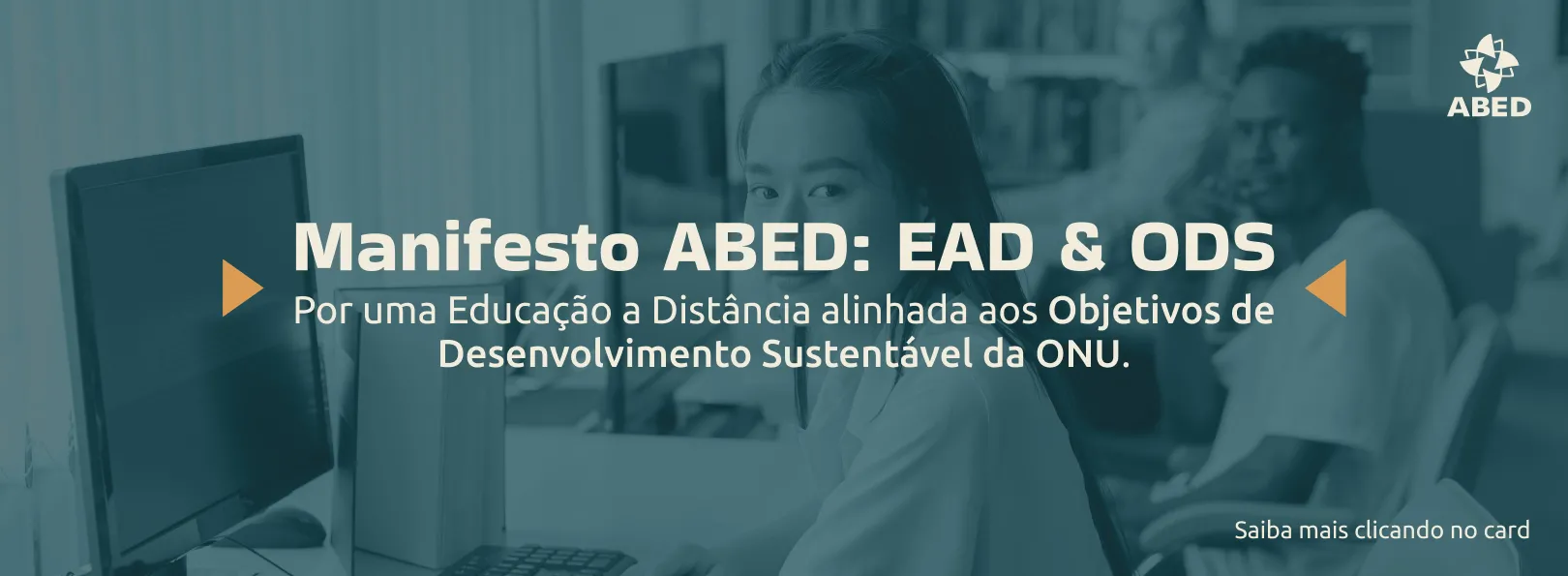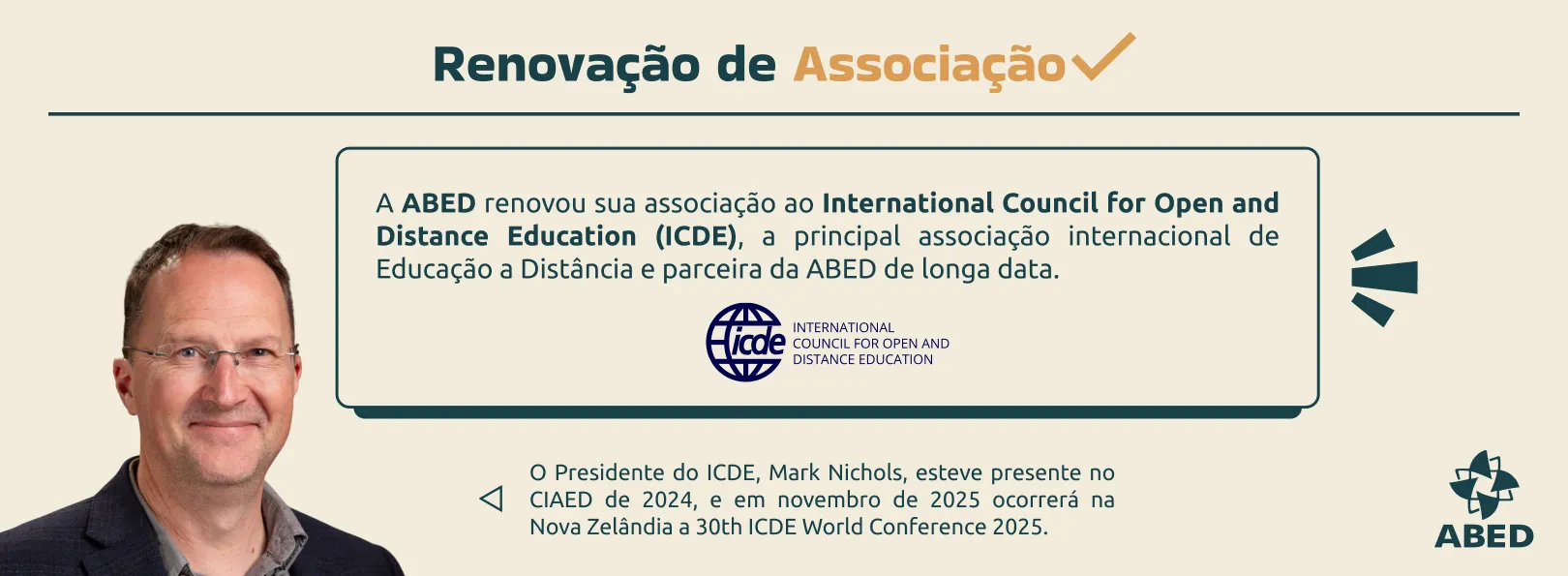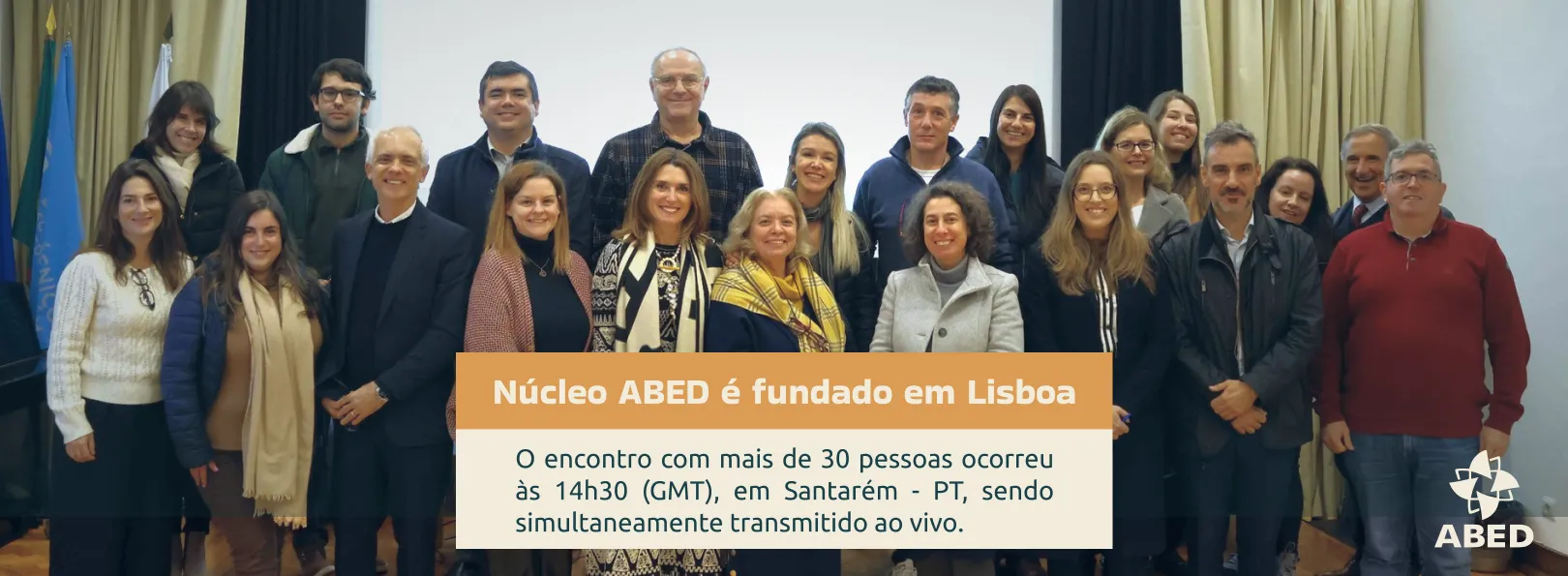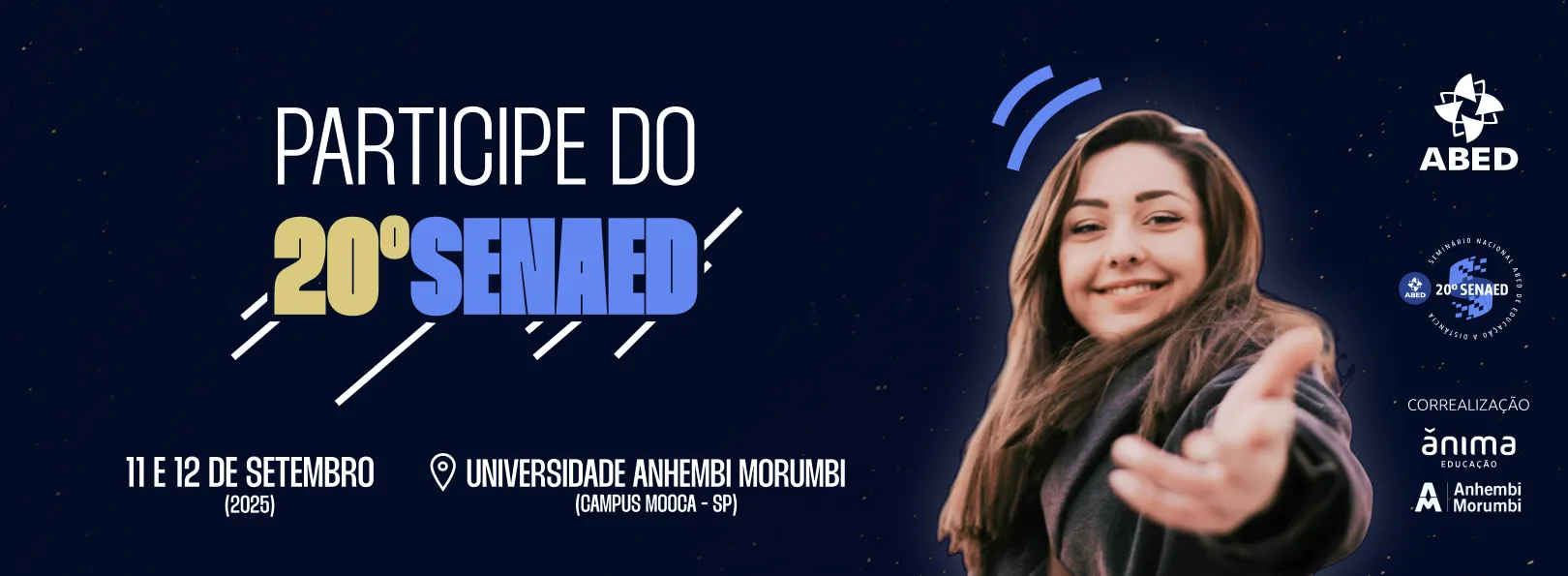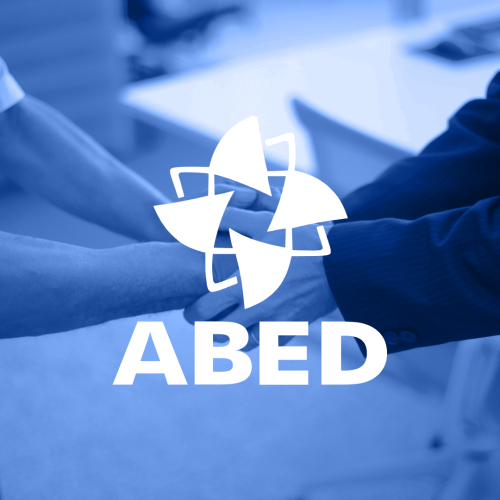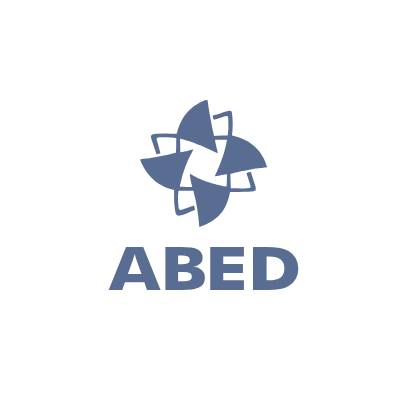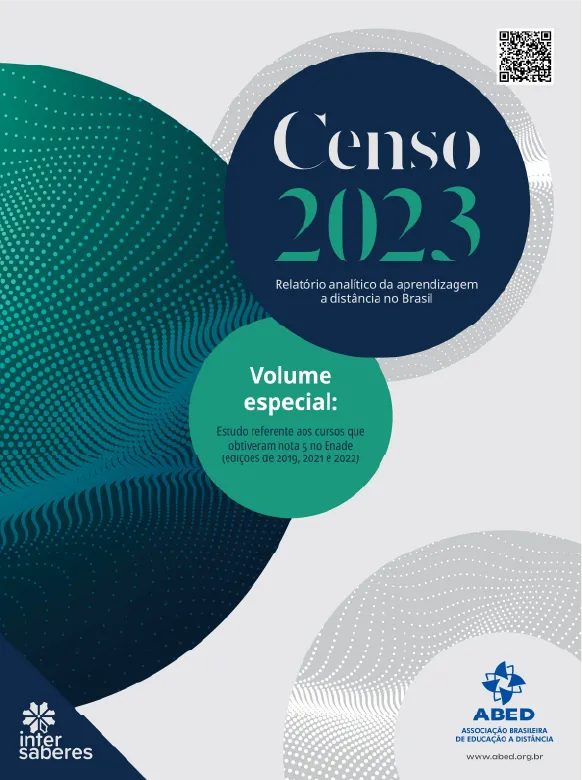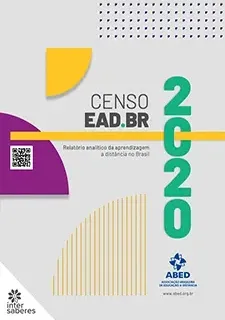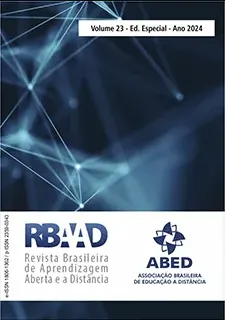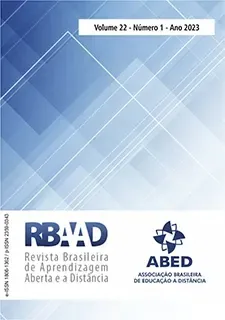Censo EaD
O Censo EAD.BR, relatório analítico da aprendizagem a distância no Brasil, é uma publicação anual, que tem por objetivo mapear a abrangência da EAD no Brasil, em termos de distribuição geográfica e número de alunos atendidos em tipos de cursos e de instituições.
Acesse a área do Censo EaDFaz parte de uma organização educacional e quer contribuir com o Censo?
Quero contribuir com o Censo EaD